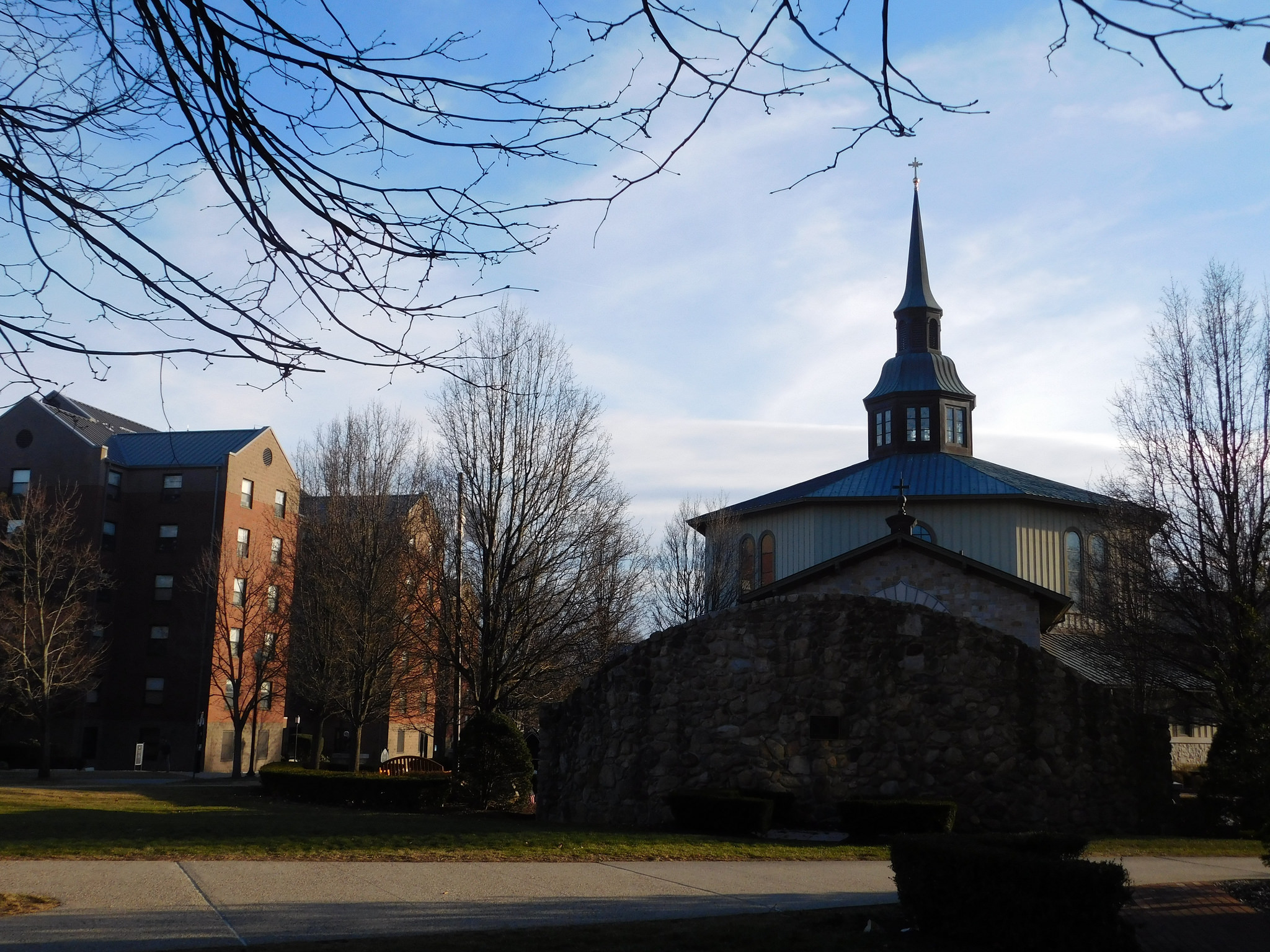Activists demand affordable housing
Activists are fighting for Rhode Island Housing (RIH) to use voter-approved bond money to fund low-income housing. Members of local organizations, including Direct Action for Rights and Equality (DARE) and RI Jobs with Justice, gathered this morning outside the RIH offices in Providence for a press...
Activists are fighting for Rhode Island Housing (RIH) to use voter-approved bond money to fund low-income housing. Members of local organizations, including Direct Action for Rights and Equality (DARE) and RI Jobs with Justice, gathered this morning outside the RIH offices in Providence for a press conference.
Voters passed a bond (Question 7) in November, and housing officials set aside $10 million for urban revitalization and blight remediation through a program called the Property Acquisition and Revitalization Program. But activists from DARE said that the program’s criteria targets higher-income people at the expense of lower-income Rhode Islanders.
According to Malchus Mills, the Vice Chair of DARE, Rhode Island Housing’s current criteria sets the income limit at 120% of the Average Median Income (AMI), which in the region between Providence and Fall River is as high as $80,000 per year.
“People voted for the bond because it was supposed to help cities and towns to revitalize vacant and foreclosed homes,” said Mary Kay Harris, Providence City Councilwoman for Ward 11. “I understood the bond to be for the millennials, for the seniors, for the homeless people, and for people struggling on low incomes.” She said that RIH needs to use the bond for what it was originally intended and not set the income limits so much higher than low-income benchmarks.
In addition to demanding that RIH lower the income limit to 60% of AMI, activists want RIH to include local residents in the decision-making process for the funds’ use. They’re also asking/demanding that RIH give construction jobs to local residents via fair and equitable hiring practices. That means targeted hiring to the most impoverished neighborhoods and non-discrimination against people with criminal records.
“We are asking for local control of the housing bond itself, which is local control and local democracy, which is something we haven’t seen,” said Mike Araujo, Executive Director of RI Jobs with Justice. “So often these housing bonds are passed from the top down, and so often they don’t include the voice of working people and poor families that are actually living in these places, and we need that to be the center of this conversation.”
One complaint DARE has with RIH’s process is that it hasn’t included citizens’ voices. Mills said that the issue isn’t whether RIH can or can’t incorporate this feedback, it’s whether or not they will.
“If you want community participation, you have to have public meetings when people can be there, not at 10am when people are at work, struggling to pay rent and pay for food,” Mills said.
Harris said that RIH has an obligation to focus on low-income people because the state has a severe affordable housing shortage: for every 100 low-income Rhode Islanders, there are only 44 affordable housing units. Additionally, she said that RIH should prioritize the most vulnerable populations.
“For some [low-income people] the burden could be one emergency, it could be a broken car, it could be someone ill in the family, it could be one day of missed work,” Harris said, “and from that you’re being at risk of losing your home.”

